Charles James Liteky, once known as Angelo Liteky, was a man of extraordinary conviction whose journey from battlefield hero to passionate peace activist captured the attention of a nation. As a U.S. Army chaplain in the Vietnam War, he demonstrated almost superhuman courage in rescuing the wounded under heavy fire, an act that earned him the Medal of Honor. But perhaps just as striking was his later decision to renounce the prestigious award in protest of U.S. military actions. Liteky's life was one defined not only by bravery but also by unwavering moral strength.

Early Life and Struggles: Born on Valentine’s Day in 1931 in Washington, D.C., Charles Liteky was raised in a devout Roman Catholic family. Drawn to spiritual service from an early age, he entered the priesthood and became a Catholic chaplain, serving under the name Angelo Liteky. His formative years were marked by a deep commitment to faith, but also a growing awareness of the world’s suffering—an awareness that would eventually fuel his transformation into a voice for peace.
Military Enlistment and Heroics: Liteky joined the U.S. Army from Fort Hamilton, New York, and served during one of America’s most contentious conflicts: the Vietnam War. Assigned to Headquarters and Headquarters Company of the 199th Infantry Brigade, he accompanied Company A of the 4th Battalion, 12th Infantry Regiment on dangerous missions. As a chaplain, he was unarmed, yet his courage on the battlefield rivaled that of the most seasoned soldiers.
On December 6, 1967, during a search-and-destroy mission near Phuoc-Lac in South Vietnam, Liteky's unit was ambushed by a large enemy force. Disregarding his own safety, he ventured into a hail of bullets to reach wounded comrades. Despite being wounded himself in the neck and foot, he dragged 20 injured men to safety and administered last rites to the dying, all while braving relentless enemy fire. His leadership and valor in the face of chaos inspired his fellow soldiers and ultimately helped repel the attack.
Defining Moment: While Liteky's wartime heroics earned him the nation's highest military decoration, the Medal of Honor, it was his post-war decision that truly defined his legacy. After leaving the priesthood in 1975, he married Judy Balch, a former nun and social justice advocate who opened his eyes further to global injustices. The couple became deeply involved in activism, particularly against the U.S. military’s role in Central America.
On July 29, 1986, in a powerful and unprecedented act, Charles Liteky placed his Medal of Honor in an envelope addressed to President Ronald Reagan and left it at the Vietnam Veterans Memorial in Washington, D.C. In doing so, he became the first— and remains the only—Medal of Honor recipient to renounce the award. This courageous act served as a statement against U.S. foreign policy and preceded his participation in the Veterans Fast for Life, a protest against U.S. involvement in Central American conflicts.
Post-War Life and Career: Throughout the 1980s and 1990s, Liteky dedicated his life to peace and justice causes. He was a frequent protester at the School of the Americas (now known as the Western Hemisphere Institute for Security Cooperation), which he believed was complicit in training foreign soldiers involved in human rights abuses. He also voiced his opposition to the U.S. invasion of Iraq and became a symbol of moral dissent within the veteran community.
His activism, though controversial to some, stemmed from the same wellspring of compassion and courage that defined his military service. Liteky’s later years were not spent in comfort or quiet retirement but in tireless advocacy for a more humane world.
Military Awards and Decorations: Though he later renounced it, Charles Liteky’s Medal of Honor remains a testament to his battlefield heroism. Awarded by President Lyndon B. Johnson on November 19, 1968, the citation details his incredible bravery—rescuing over 20 wounded soldiers under fire, directing medivac helicopters amid gunfire, and continuing to inspire his fellow troops even while injured himself.
The Medal of Honor awarded to Liteky is now on display at the National Museum of American History, where it stands as both a tribute to heroism and a reminder of the power of conscience.
Charles Liteky’s life was a remarkable odyssey of courage, faith, and moral clarity. From the jungles of Vietnam to the steps of protest rallies, he exemplified what it means to act with both bravery and principle. He died on January 20, 2017, at the age of 85, leaving behind a legacy that challenges us to consider the true meaning of heroism—not just on the battlefield, but in the choices we make for justice, peace, and humanity.
